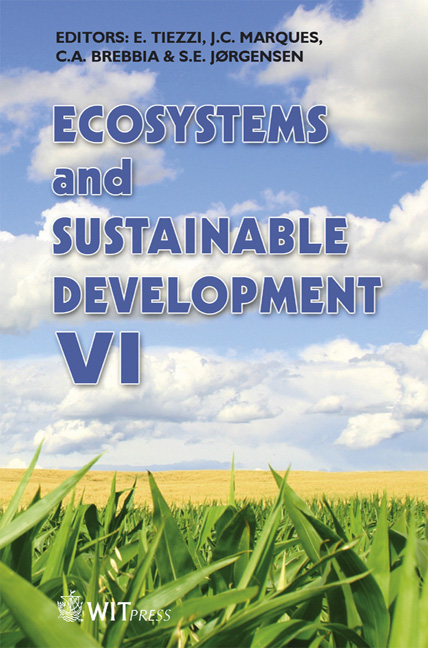Fostering Sustainable Water Supply In Urban And Peri-urban Areas Of Ghana: The Case Of Ho Municipality
Price
Free (open access)
Transaction
Volume
106
Pages
15
Published
2007
Size
876 kb
Paper DOI
10.2495/ECO070521
Copyright
WIT Press
Author(s)
J. E. Koku & J.-E. Gustafsson
Abstract
This paper examines the water management situation in the Ho Municipality of Ghana. It provides an overview of the country’s draft water policy and its implications for water supply in the municipality. Also examined are households’ adaptation strategies in accessing water in the face of water scarcity and their attendant socio-economic implications. Results show that households adopt several coping strategies to access water in times of scarcity/shortage. These come in two basic forms. One entails utilisation of alternative sources, namely sachet water for drinking purposes, while water from open wells/boreholes served cooking, washing and bathing purposes. The second involves adjustment in water use at the individual level, e.g. reduction in quantity of water used for different purposes as well as the number of times one had to take a bath in a day. These practices have serious implications for health and well being of residents. To sustain water provision in the municipality, the paper calls for diversification of water supplies. This could be accomplished, for example, through linking boreholes to piped-water and also through promotion of rain water techniques to supplement existing supplies. Keywords: water supply, peri-urban, urban, water scarcity, adaptations, Ho Municipality, Ghana.
Keywords
water supply, peri-urban, urban, water scarcity, adaptations, Ho Municipality, Ghana.





